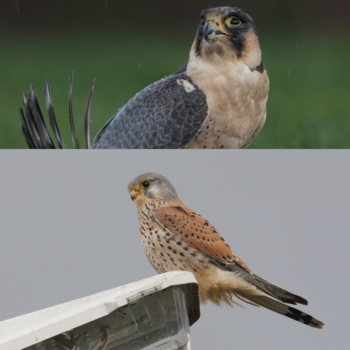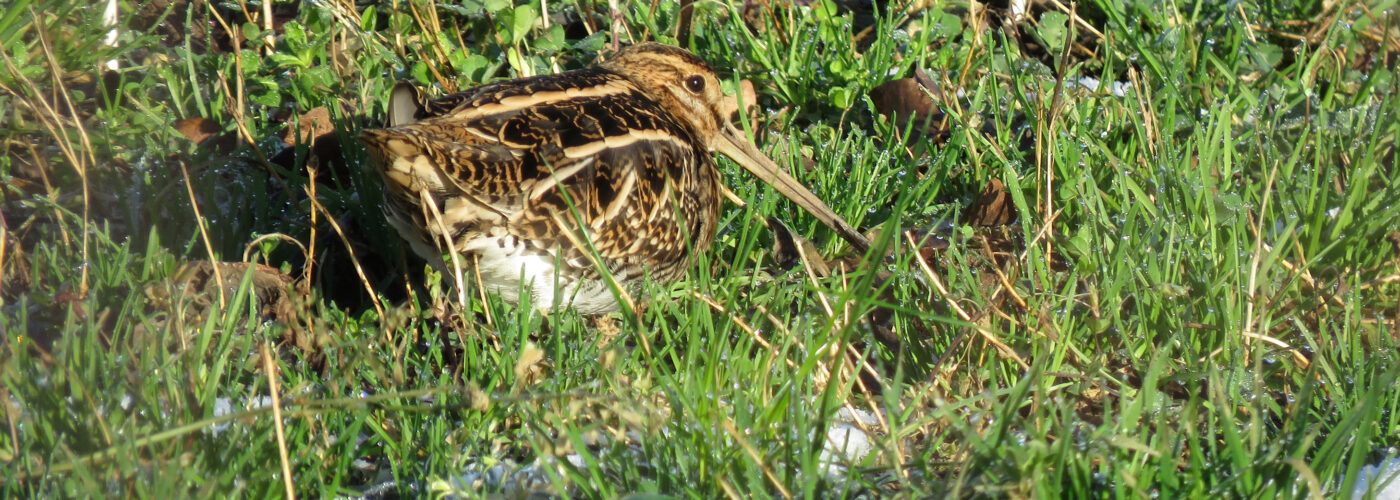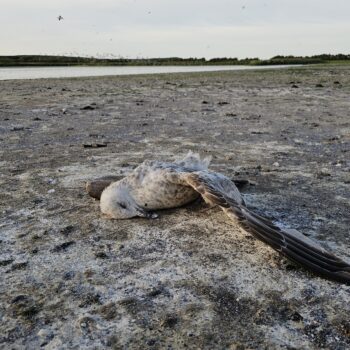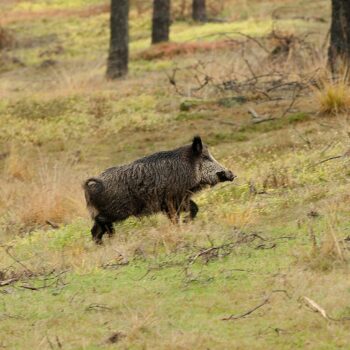

Welcome to the Dutch Wildlife Health Centre
Reporting guide for suspected bird flu
Follow the updates on bird flu tests in 2025 per month here.
DWHC ‘focus species’ of 2025: Peregrine Falcon and Common Kestrel
Common Kestrels and Peregrine falcons are birds of prey that are high up in the food chain. By eating infected prey animals, they can also become infected with diseases themselves. That is why examining these birds can tell us something about the diseases that are present in an area.
Found a dead common kestrel or peregrine falcon? Report them via our online form!

Picture Peregrine Falcon (left): Vincent van Zalinge, picture Common Kestrel (right): Roy Slaterus (Sovon)
DWHC
On this website you will find information about diseases in wild animals in the Netherlands and, in the case of notable cases, abroad. The information can be found both by disease and by species.
To report a dead wild animal, you can use the reporting form. Our FAQ include topics such as which dead animals to report for examination at DWHC, and when a dead animal will be collected and examined.
Please keep reporting!
It is very important that you keep reporting dead wild animals, even if the animals cannot be collected. This helps us to maintain insight into the mortality among wild animals.
NB: The task of cleaning up dead animals does not lie with the DWHC, click here to see who is responsible for cleaning up dead animals.
News


Is mortality among wild birds caused by bird flu increasing again?

Germany: African swine fever infection found in new area
On-going Projects
No on-going projects found.
Agenda
There are no future events.
« All events

